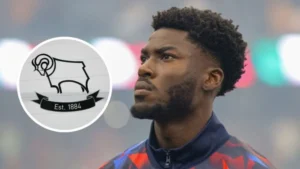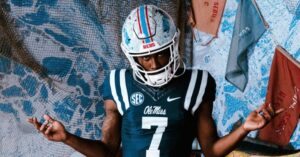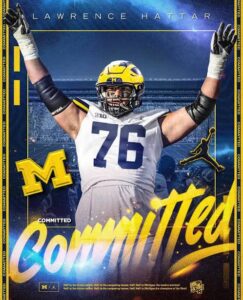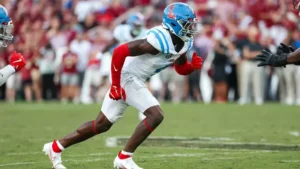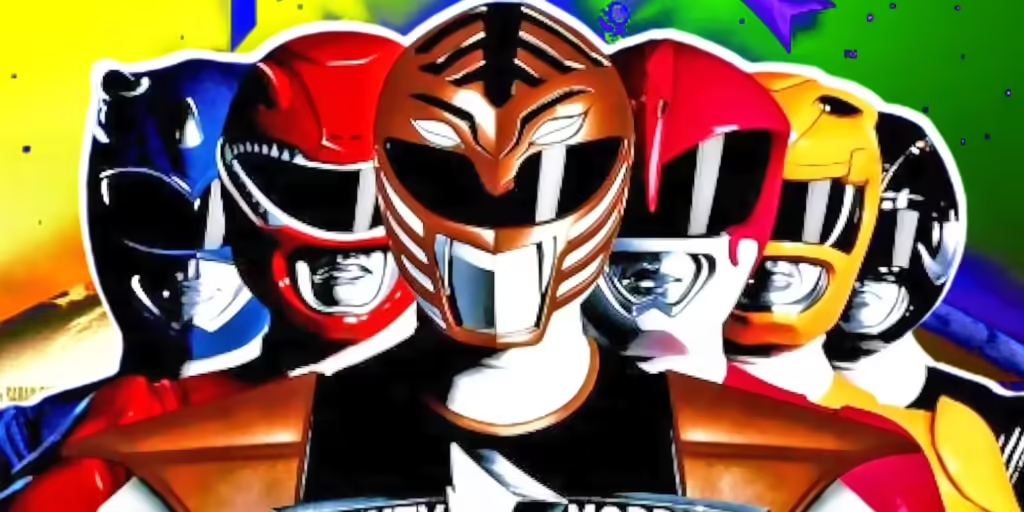
It’s Time to Move On from Mighty Morphin Power Rangers
Earlier this month, a Mighty Morphin Power Rangers beat ’em up was announced at Summer Game Fest. While my colleagues were excited, I couldn’t help but wonder… why?
It’s a retro-style game based on a 30-year-old children’s show, and it even serves as a spiritual successor to an old SNES game—a console that was already outdated before I hit my teenage years. Like My Little Pony and Transformers before it, the intended audience is being overlooked in favor of nostalgic adults. Not even Gen Z! This game is entirely crafted for nostalgic millennial fans.
I feel bad for the kids growing up with Power Rangers today because older fans have essentially taken it away, selfishly clinging to their own childhood memories. When I was younger, the newest teams were Dino Thunder, SPD, Ninja Storm, and Jungle Fury. I was too young to have experienced MMPR—that says it all. I tried it when I was older, but without the nostalgia, the cheesy ’90s vibe was annoying. I just wanted to return to Dino Thunder for some of that early 2000s charm.
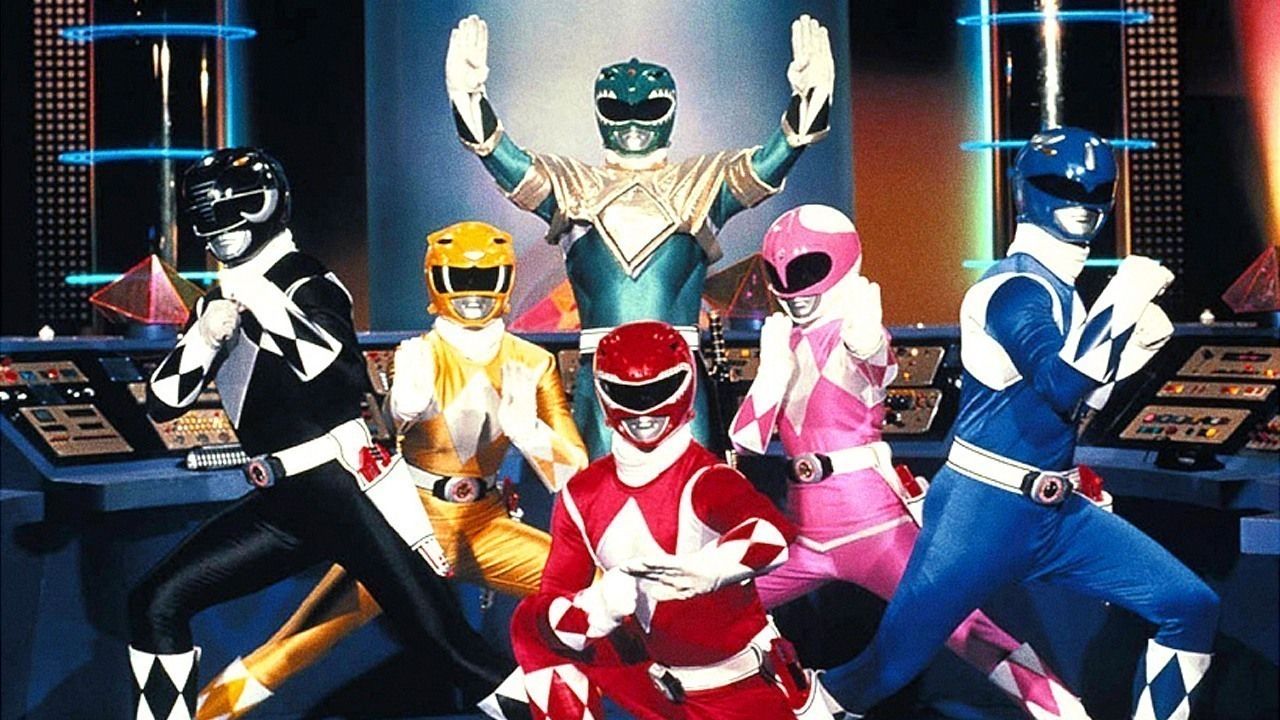
If I wanted more of my favourite season, thankfully I had a wealth of options. There was a PS2/GameCube game which I adored, hardcover annuals, and online flash games on top of a mountain of merch. For one season of a TV show, that’s a lot. Try and find even a fraction of that for Cosmic Fury or Ninja Steel.
Children who are growing up with the show today find themselves left behind, which is peculiar considering that Power Rangers has never matured.
It remains the same cheesy, low-budget spectacle it was 30 years ago. Yet as a child, these flaws hardly matter because you’re captivated by heroes in bright spandex battling evil aliens—it’s simply awesome.
I struggle to watch the newer seasons, and revisiting the ones I missed is painful. Either you’re a child again or your nostalgic memories gloss over the show’s shortcomings.
However, Mighty Morphin Power Rangers (MMPR) nostalgia is distinct. As the original and longest-running series, it defined the franchise and continued to be celebrated even as sequels emerged. When people think of Power Rangers, they immediately recall MMPR—it’s synonymous. Yet, the show itself was never flawless. While it had standout moments like the Green Ranger saga and Tommy’s leadership, many episodes were cringeworthy, even by children’s sitcom standards. The nostalgia for its corny ’90s vibe could be grating, often making one yearn for later series like Dino Thunder and its nostalgic ’00s charm.
The fixation on that era comes down to older fans struggling to move on from their childhood or appreciate the show’s evolution. This results in a flood of MMPR movies, comics, games, anniversaries, and so on, ad nauseam. Instead, there should be more titles based on the new series that resonate with today’s audience, meeting them at their level. We need games like those for Bluey and Peppa Pig that cater to specific age ranges, rather than ’90s-style beat ’em ups aimed at adults.
Power Rangers are Power Rangers. While MMPR may be 30 years old, children still recognize the colorful spandex and alien foes and connect the dots. Though this approach risks appealing mainly to kids from two generations ago, it can still work. However, the challenge lies in the genre itself. ’90s beat ’em ups may not captivate today’s children because they feel outdated. Every game in this genre feels like a nostalgic callback. With a new audience tuning in each season and a consistently youthful demographic, Power Rangers should look forward and innovate, rather than constantly revisiting its past glories.
I have a deep love for Power Rangers. Occasionally, I revisit my favorite seasons, relishing the nostalgia and warmth of stepping back into my childhood. However, I don’t anticipate seeing a game based on Dino Thunder or Jungle Fury all these years later. It’s almost surreal to consider, because why would a Generation Alpha kid in 2024 care about my beloved ’00s show from two decades ago? Power Rangers is meant for them now, not for someone like me.
What makes Power Rangers so beautiful today is its core message, woven into every episode: celebrating our differences. We now have a female Red Ranger leading the team, and from the outset, the cast has been wonderfully diverse, which was particularly impactful for superheroes on television in the ’90s. Yet, as the show continues to advance and instill these values in children, it faces resistance from older fans who are unwilling to move on.
